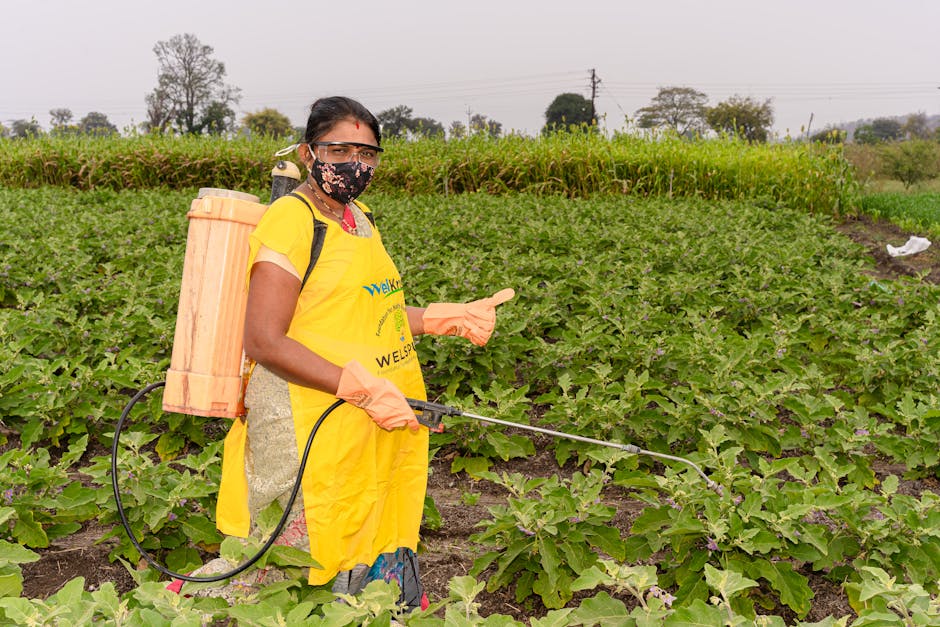Modern agricultural practices demand a nuanced approach to livestock management, transcending rudimentary care to encompass a holistic strategy for improved animal welfare, profitability, and environmental sustainability. This comprehensive exploration delves into pivotal strategies for enhancing livestock management, focusing on key areas from nutrition to disease prevention.
Optimizing Nutritional Strategies: A cornerstone of effective livestock management lies in tailoring feeding strategies to individual animal needs. A crucial first step involves accurate assessment of animal requirements. Breed, age, and physiological statesuch as pregnancy or lactationall significantly influence nutritional needs. Precision feeding systems, encompassing computerized monitoring and individualized rations, can considerably improve feed efficiency and reduce waste. Furthermore, careful consideration of feed quality and digestibility is paramount. Supplements may be necessary to ensure complete nutritional profiles for specific animals. Regular feed analysis, ensuring adequate protein, minerals, and vitamins, is vital for sustained growth, reproduction, and overall health. Farmers can also benefit from implementing rotational grazing techniques, which promote pasture health and reduce the risk of overgrazing. These systems enable pastures to regenerate, boosting nutrient content and improving animal intake.
Prioritizing Health and Disease Management: Maintaining optimal animal health is not just a moral imperative; it’s a crucial component of productive farming. Proactive disease prevention is key. Vaccination schedules tailored to the specific herd’s needs and prevalent diseases in the region are vital. Ensuring adequate access to clean water and a hygienic environment helps significantly reduce the risk of infection. Regular health checks, including visual assessments and temperature monitoring, can aid in early disease detection. This allows for timely intervention, limiting the spread and impact of potential outbreaks. Farmers should also be well-versed in biosecurity measures, implementing strategies to prevent the introduction and spread of infectious diseases. This includes controlling access to farm areas, proper sanitation procedures, and stringent quarantine protocols. The use of veterinary services for routine health checks and preventative care is another invaluable asset, providing expert knowledge and support for managing health challenges.
Harnessing Technological Advancements: Contemporary advancements offer powerful tools to enhance livestock management. GPS-enabled tracking systems provide detailed data on animal location, movement, and activity. This information can be used to optimize feeding schedules, monitor individual health parameters, and implement more precise management decisions. Precision livestock farming (PLF) techniques leverage data analysis to predict animal behavior, optimize resources, and enhance overall farm efficiency. Real-time monitoring of factors like body temperature, heart rate, and feed intake allows for quick responses to potential health issues or nutritional deficiencies. This proactive approach can significantly reduce costly treatment, optimize animal well-being, and maximize productivity. Automated systems for tasks like milking or feeding can increase efficiency and reduce labor requirements.
Cultivating Animal Welfare: Animal welfare transcends simple physical well-being. It encompasses their psychological needs and comfort. Ensuring ample space and suitable shelter is vital. These factors are particularly critical for livestock breeds requiring specific environments. Adequate ventilation, protection from extreme weather conditions, and accessible areas for exercise all contribute to reducing stress and promoting natural behaviors. Proper social structures within the herd are vital for minimizing aggression and promoting overall harmony. Monitoring animal behaviors and signs of distress and providing appropriate solutions can enhance their well-being. Ethical considerations regarding animal welfare standards are critical to creating a sustainable and responsible livestock management strategy. Farmers must abide by locally and internationally recognized animal welfare regulations to demonstrate their commitment to ethical practices.
Implementing Sustainable Practices: Modern agricultural practices need to incorporate strategies to minimize environmental impact. Rotational grazing, as mentioned earlier, is an important technique for optimizing pasture use and preventing soil erosion. Adopting appropriate manure management techniques, such as composting or anaerobic digestion, can turn a potential pollutant into valuable fertilizer, reducing reliance on synthetic fertilizers and minimizing environmental risks. Water conservation is another critical aspect of sustainable livestock farming. Efficient irrigation systems and water recycling initiatives can substantially reduce water usage. Implementing such strategies can result in improved profitability, while reducing the overall environmental footprint. Integration with other agricultural practices, such as crop rotation, can yield significant environmental benefits and contribute to biodiversity conservation.
Adapting to Market Demands: The livestock market is subject to fluctuating trends. Producers must adapt to changing consumer preferences for various livestock products. Understanding market demandswhether for organic products, specific breeds, or niche marketscan help farmers tailor their practices for increased success. Thorough market research and understanding consumer preferences are essential. By strategically targeting particular markets and adapting production methods, farms can improve their profitability and competitiveness. Building strong relationships with buyers and processing facilities can also provide a degree of security and stability.
In conclusion, enhancing livestock management is a multifaceted endeavor demanding a comprehensive approach encompassing nutritional strategies, robust health management, technological advancements, welfare considerations, and environmentally sound practices. By embracing these principles, farmers can elevate their operations, ensuring productivity, profitability, and a positive impact on the environment and animal welfare. This proactive and holistic approach not only benefits farmers but also contributes to a more sustainable and responsible future for agriculture.






